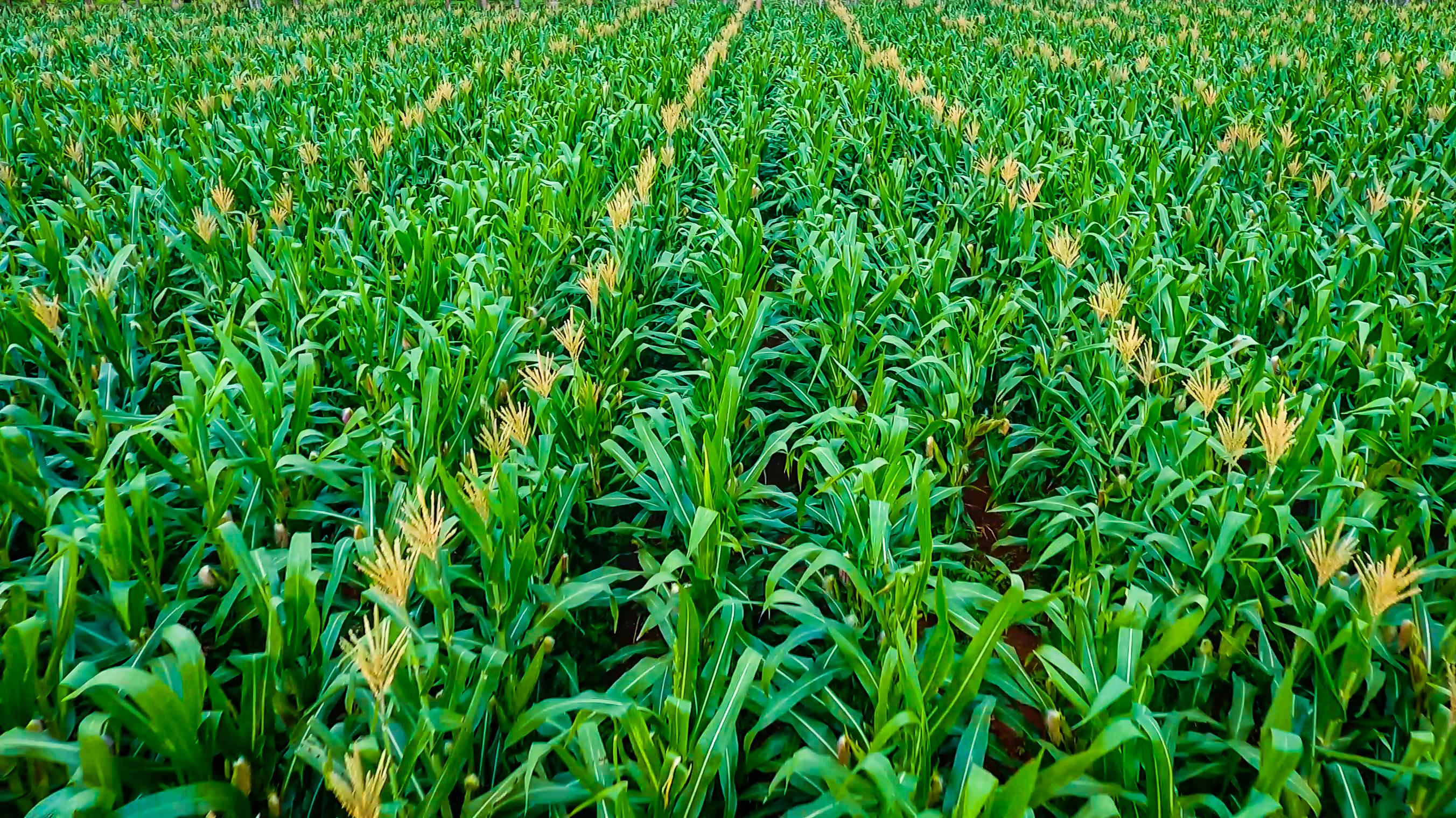
Good news for seed companies and farmers in Africa: QBS offers a sustainable supply of foundation seed
The seed industry in Africa is one of the pillars upon which improved agricultural productivity for the continent must rest in order for farmers to increase production. However, smallholder farmers across Sub-Saharan Africa (SSA) suffer low crop yields and sometimes crop failure due to the use of poor-quality seed or the unavailability of better performing seed.
Poor seed quality is a major bottleneck facing seed companies and farmers in the SSA region. This is often caused by mishaps during the seed production process, leading to difficulties with production and maintenance of quality foundation seed for some independent seed companies that service Africa’s smallholder markets, resulting in a low and inconsistent supply.
To alleviate this problem and to help address challenges associated with production of foundation seed, QualiBasic Seed Company (QBS) was formed to offer a commercially sustainable foundation seed supply solution to seed companies and farmers in Africa.
QBS supports seed companies in SSA to ensure the quality of certified seed by operating a centralised system that manages foundation seed production, quality control and storage, in a highly effective and efficient way.
According to the QBS Managing Director Andy Watt, QBS works with different seed companies to plan production and ensure delivery of high-quality foundation seed to satisfy the needs of their certified seed production. “As a company specialising in production of foundation seed for independent seed companies, we work with seed companies to help them realise their goal of producing quality certified seed by taking the burden of foundation seed production from them.”
He points out that QBS works to fill the foundation seed production gap by supplying high quality foundation seed with high genetic integrity, phytosanitary security and industry-leading seed quality standards to seed companies, including providing technical support to help seed companies with production and marketing of their certified seed.
One such seed company is Uganda’s BRAC Social Business Enterprises, a social venture launched in 2006 to contribute to poverty reduction and to support women and the youth by creating sustainable value chains for farmers.
According to the Head of BRAC Social Business Enterprises, Dr Ziaur Rahman, they have been working with QBS to produce high-quality hybrid seed to ensure maximum yield for Ugandan farmers.
He notes that the fundamental requirement of a growth-oriented hybrid seed producer and marketing company like BRAC Seed, is gaining the trust of farmers who are directly or indirectly involved in field production activities and observing results of quality yields.
“To attain quality yields, we have to ensure that farmers are supplied with quality hybrid seeds, which basically come from quality foundation seeds. QBS is one of the leading seed companies that is exclusively producing high quality foundation seeds for African seed companies,” he points out.
Before learning about the services offered by QBS, Dr Ziaur says one of the challenges his organisation faced was unavailability of reliable foundation seeds and delayed access to technical expertise which in turn slowed down the supply of foundation seed for commercial hybrid seed production programmes.
“QBS always responds in time when we need foundation seeds to support our certified seed production programme,” he says, adding that with the foundation seeds from QBS, BRAC Seed has introduced a new drought tolerant hybrid maize, called Champion F1, in the Ugandan seed market.
Like BRAC Seed company, QBS and its service is not new to other seed companies across the region. According to Sylvia Horemans, Chief Executive Officer of Kamano Seed Company, the formation of QBS brought relief to most seed companies in Zambia.
“They have taken up a lot of work from seed companies by growing our foundation seed. All we have to do now, is to request to QBS to produce foundation seed so that we only focus on production of certified seed,” explains Sylvia.
She notes that QBS has helped her organisation, a company that produces improved seeds and markets them to smallholder farmers, to improve its business because of provision of technical knowhow that allows seed companies like hers to focus on other production operations as the burden of foundation seed production is taken care of by QBS.
“So far, QBS has been producing foundation maize for companies, but we hope they can extend their services to other seed crops including soya beans, sorghum, millet, groundnuts, cowpeas and beans. This range of crops has a lot of recycled seed which has caused the yields to be very low,” she states.
Across the border in Malawi, Demeter Agriculture Ltd is enjoying the fruits of its working relationship with QBS. The organisation’s General Manager, Prashant Khatri, says that before they used the services of QBS, they did not have the breeding material in the quality they wanted, but now this situation has changed.
“They are able to supply the quantity and quality on time in all seasons when we need foundation seeds to support our certified seeds production programme,” says Prashant.
As result, Prashant says that his organisation is now able to compete favourably in the market as the performance of hybrid is satisfactory, and adds value to their operations.
It is estimated that 80 percent of seed companies struggle to produce a consistent supply of quality foundation seed due to technical, infrastructural, and financial challenges.
As QBS continues to change lives of smallholder farmers through helping seed companies to gain access to high quality foundation seed, the seed companies that spoke to ProAgri magazine called on QBS to continue supporting their operations to ensure a win-win situation for all parties for improved productivity for smallholder farmers in Africa.
When certified seed is produced from quality foundation seed, it means that the end product that gets to farmers will deliver the intended genetic gain – meaning the farmer will reap the full value intended by the breeder with improved yield and quality, which will in turn contribute significantly to increased agricultural productivity.